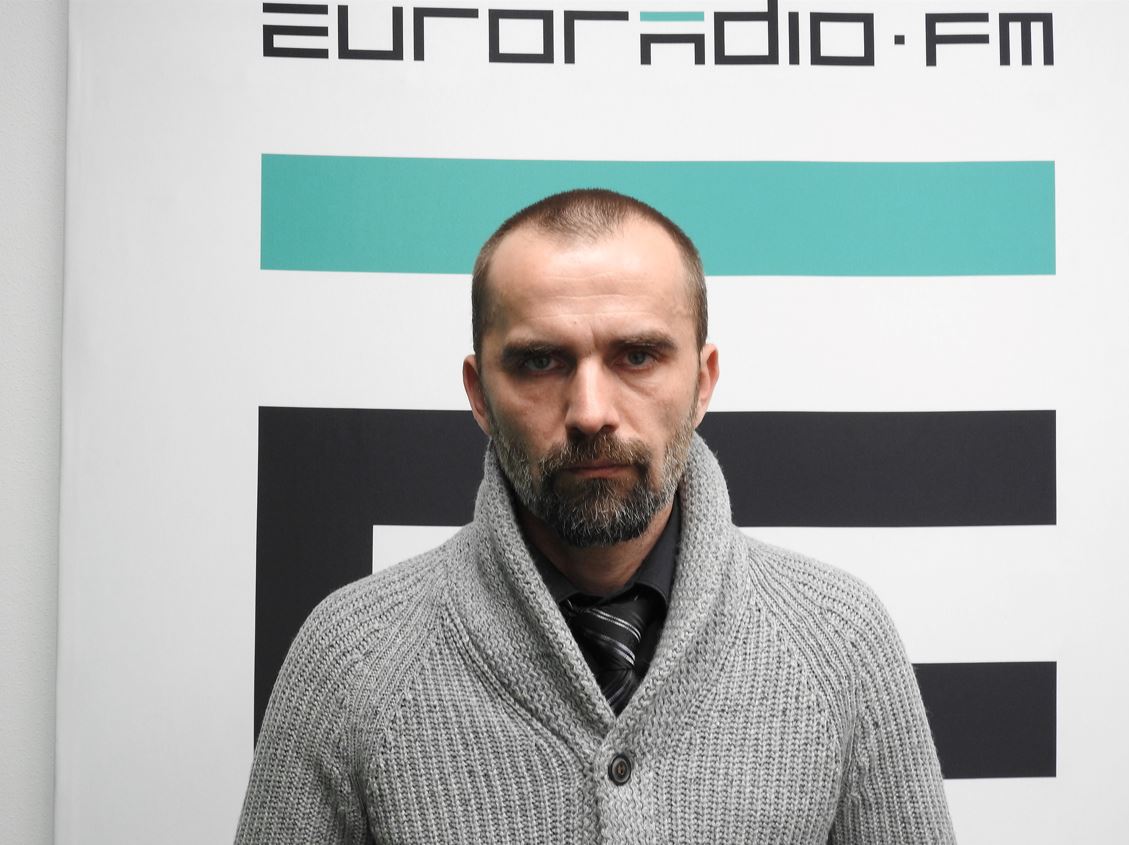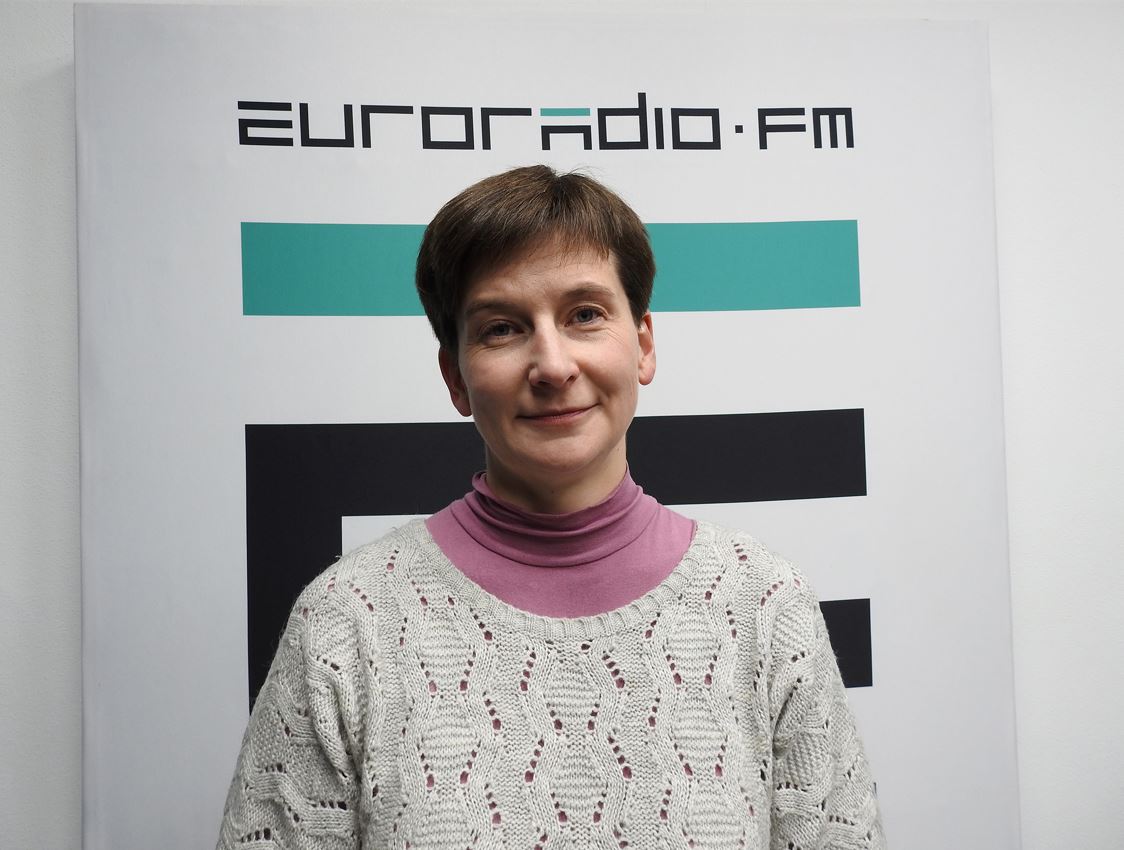Is political activity of Belarusians no more?

"The deep politicization remains" / shutterstock.com
Belarusians who disagreed with the policies of the incumbent Belarusian authorities came out en masse for peaceful protests in 2020. But where did they all go in 2021 and early 2022? Does this mean that Belarusians are indifferent people who joined the political unrest for a while?
"There is a general feeling that there are really indifferent people who will go after whoever is the first to win. I would say that it is somewhere around 20 percent of society," says Henadz Korshunau, former director of the Institute of Sociology of the Belarusian Academy of Sciences, during the "Reshape 2022" online conference. "It is clear that it is difficult now to talk about the growth that was in 2020. Because of repressions, on the one hand, and the stability of the economy that happened in 2021, on the other hand".
"One has to understand that the substantial politicization is an existential process, the growing up of the Belarusian society, making sense of itself and the desire to solve something," continues the sociologist. "And there is a situational politicization. This is what is happening in the streets, what drives people to vote, etc. It is difficult now to speak of situational politicization. The authorities are doing all they can to strangle any possible manifestations and [use] any instruments of destruction. External politicization is now under incredible pressure, so we may not see it now.
But the accumulated result, the changes that have led to the emancipation, the subjectification of society -- all this remains. At least the research data from Chatham House show that 60-70 percent of society supports the protest's demands. Thus, the underlying politicization remains, while all the conditions for external politicization have been eliminated.

Is the presence of apolitical citizens a norm or an aberration inherent in a totalitarian society?

"This is absolutely normal," says political observer Yury Drakakhrust. "All societies in one way or another contain some, if not most, apolitical or depoliticized people. Society is not "on the march" all the time, on political mobilization. But around a democratic society, unlike an authoritarian one, when there is a problem, there is political condensation. The authorities know this, and the people know that they can do it. Depoliticization rather than politicization is the norm. When mobilization comes to an end, people get sort of discharged.
People of my generation remember how society was mobilized during perestroika. Where did what go? In a sense, the period has passed. Some goals were achieved, and about some plans, society realized that they would not be completed -- and here's the demob. That doesn't mean it's wrong.
How politicized was Belarusian society before the events of 2020?
"If we talk about the possibility of politics during the period that preceded [the events of 2020 - Euroradio], we can rather speak about some groups, parts of society which were trying to conduct not a general state policy, but the policy in separate spheres, spheres of their interests," says sociologist Aksana Shelest, a speaker at the "Reshape 2022" conference. "The question arises: where did the sharp politicization of 2020 come from? It is as if the process of politicization came out of nowhere".
But it didn't. The last ten years have been more likely the growth of autonomy, the fall of paternalistic attitudes, and people's growing up. In 2020, there was a qualitative leap when the Belarusians wanted the revival of politics and the return of the right to choose. The right to participate in determining not only their private life, in which they have learned to define themselves.

"The criteria we use to measure the political and apolitical nature of society are interested in politics, interest in political news, and interest in this topic," Aksana continues. "In this sense, perhaps, compared to America, the Belarusian society before 2020 was not so bad. The data of various surveys show that one-fifth of the society was steadily interested in the issues of Belarusian and world politics.
For a democratically organized society -- if we speak about masses -- the standard indicator is participation in election campaigns, electoral procedures, and elections. However, this criterion has not been applicable for Belarus over the last fifteen years. Belarusian elections have been an imitation for a long time. It is more of ritual action for someone, but it is certainly not a criterion of participation in political life as such," sums up the sociologist.


















